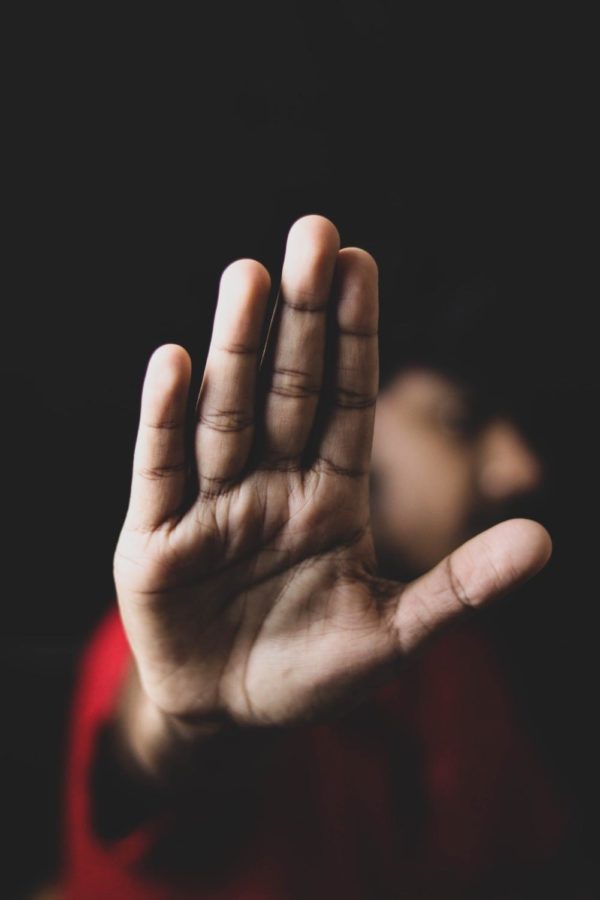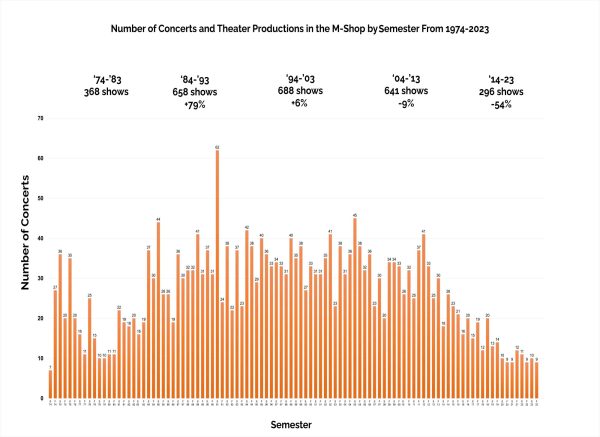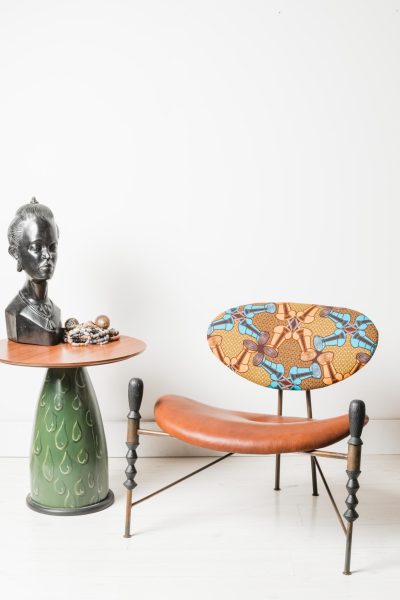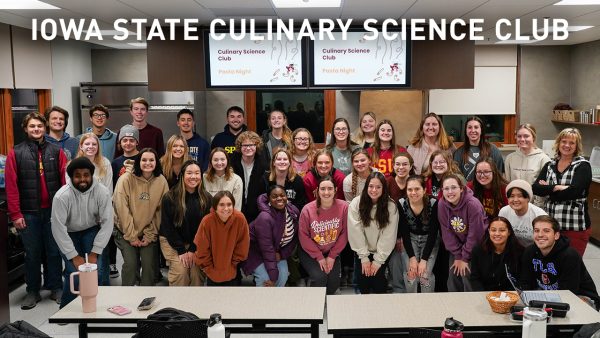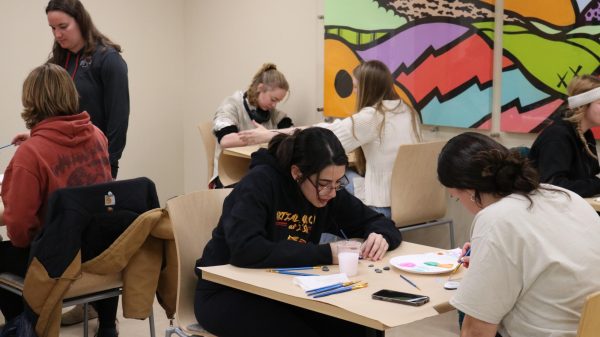Navigating campus resources for victims of sexual assault
Courtesy of Salman Hossain Saif
Reporting a sexual assault can be difficult for victims to navigate.
February 14, 2022
Every 68 seconds, an American is sexually assaulted, according to the Rape, Abuse & Incest National Network (RAINN). Women ages 18-24 are especially at risk of sexual violence.
It appears that more sexual assaults are being reported at Iowa State University.
It’s important for students to know the resources available to them and the process that’s involved in reporting a sexual assault.
ISUPD Detective and Engagement and Inclusion Officer, Natasha Greene, walked through the process of reporting an assault to the university and in Story County.
“In Story County and at Iowa State we have a policy that any door is the right door, and we understand that a survivor is going to go where they feel the most confident or comfortable,” Greene said.
There are numerous different avenues available for victims of sexual violence. Some victims are interested in an investigation, criminal routes or university resources.
If a sexual assault has been reported to the hospital, both a police officer and a victim advocate arrive at the hospital and explain reporting options to the victim at the time of the crime report. The survivor has total control of what resources they want to utilize or not.
“We know that the utilization of services is higher when all of the options are presented as viable options right away. Especially in Midwest culture, sometimes people are really worried about inconveniencing others or taking up time, which is asinine, and it still happens,” Greene said.
Greene recommends students start with Student Assistance to navigate resources because they can connect students to the best support they can offer.
Marcy Webb is the Sexual Assault Program supervisor at the Assault Care Center Extending Shelter and Support (ACCESS). ACCESS is a local nonprofit revenue service agency that offers support and services to victims of domestic and sexual violence.
“Our services are all totally free of charge. They’re all completely confidential. We have privilege under the Iowa code, and they’re all voluntary,” Webb said.
Greene believes that the biggest value of ACCESS is their immense experience in trauma informed care. ACCESS operates with advocates who are professionally trained to support the survivor and are legally privileged to confidentiality.
“It can be really nice to have a support system who is a professional and an expert that can also have that level of privacy that most people need when they’re processing something like this,” Greene said.
Greene expressed that it’s completely valid if a survivor may not be interested in any of those resources because however the survivor chooses to get through it is acceptable.
It’s important to note that the timeline does not impact the validity of a sexual assault.
“Whether it was a day ago or 10 years ago, your experience still matters, and you still have the right to all of those resources,” Greene said.
Survivors of sexual violence have the right to resources if that is how they wish to heal in this process.
“Whenever you’re talking about the really complex crisis of sexual violence, you can’t just talk about reactionary services; you also have to mirror that with prevention and education,” Webb said.
One of the services ACCESS offers is community services programming. Webb mentioned that the primary focus of these conversations is prevention. They can present to a classroom, community group, student organization, etc.
“We have always found allies within the university that come to the table and that work with us to figure out what’s the best practice, what’s changing, what do we need to consider and how can we do better. We’re really grateful for that,” Webb said.
Green Dot is a bystander educational program that helps students gain knowledge and practical skills on how to prevent power based personal violence. They offer a brief overview/introduction, intensive three hour bystander trainings and enhancement sessions.
Carrie Giese is the Health Promotion coordinator for Green Dot and Community Engagement at Iowa State University. Giese encourages faculty and students to learn how to be active bystanders and understand how to make campus safer.
“By being an active bystander, you can notice and interrupt stuff or prevent it from happening. One of the things that I’ve read talks about if everybody does something, then nobody has to do everything and we create a positive culture change,” Giese said.
Meredith McDonald is a senior in political science at Iowa State University and the creator of Survivor’s Alliance Networking Support (SANS). SANS is an organization that provides resources and community for survivors of harassment, sexual assault and violence on Iowa State’s campus; SANS strongly values advocacy, confidentiality and education.
SANS organizes Zoom meetings or requests a room at the library for a peer-led small group discussion. Meetings consist of members sharing their intimate stories and outlining the goals that they want to accomplish as an organization for both the future and the semester/year.
“Our number one goal was to have a [safe] place where it took like the weight off of people’s shoulders who might not have the support that other people have, given the stereotypes for around sexual assault,” McDonald said. “Everyone is so welcoming and supportive. I’ve never met a group of girls that you can just feel positive energy and support. I’ve been in a sorority, I’ve been in clubs, and you don’t always get that from girls.”
McDonald created SANS because of the magnitude of timely warning emails students receive because so many more people are affected by it rather than just the reported cases.
“The umbrella of sexual violence is so much bigger than the timely warning notification that come across their email or text thread,” Webb said. “The timely warnings are just a fraction of the cases that happen…Many of them are never reported to anyone.”
She wanted to be proactive before seeing students rallying at Iowa State similarly to students at other universities previous rallying behind one person.
“Growing up you have what your parents tell you, what other adults tell you, especially regarding universities and colleges. It’s don’t drink alcohol, but teach somebody don’t put drugs in it and rape a girl, so it’s just really trying to shift the narrative,” McDonald said.
Her long term goal for SANS is to work to set this organization up at major state colleges and universities.
Also, they are working to get notified if ISUPD or the Ames Police get called regarding a sexual assault case on campus. If that victim/survivor wants an advocate/a peer rather than an authority figure, they would be on call.
“It’s hard to navigate where people haven’t before because there’s no precedent and there are so many different things we want to do. But who do we contact and then what things are the most important to get done right away,” McDonald said.
McDonald has many goals and plans for the future of SANS at ISU.
“In a perfect scenario, I would absolutely love to get the Board of Directors, the President and have an open panel,” McDonald said. “I feel like we’ve been screaming in a void for so long and either they can’t hear us because they don’t deem it important, or they do and they just don’t know what to do, so it’s easier just to turn away, but I think there needs to be more transparency between the school and the students because we almost get desensitized to it.”
An optional Canvas educational course through ISU concerning sexual violence is simply not enough. The school should understand that students have strong emotions towards this topic, and they should feel safe in their community and on campus. McDonald wants “the school to understand that like, we are humans, we have emotions and we want to be safe especially,” McDonald said.
“This is one of those areas where there’s no neutrality on it; you’re either against these types of things, and you’re actively working to make it safer, or you’re not. And that passivity is part of the problem,” Greene said.
Having a mandatory sexual assault/harassment program that students are required to take through the university would proactively inform students of university resources and the criminal reporting process. “The time to learn about all those resources isn’t directly after you experienced a traumatic event,” Greene said.
Dr. Ann Oberhauser is the Director of Women’s and Gender Studies and a sociology professor at Iowa State University.
“We have courses that deal with sexual assault and sexual violence. It’s a good way to inform students and educate people about the big picture, the proper procedures, some legal aspects of reporting and things like that,” Oberhauser said.
Both the women and gender studies program and the sociology program at ISU teach courses in sociology of intimate relationships, gender and sexuality in society and gender and crime.
“We talk quite a bit in our classes about how much of this is really embedded in power relations. Unequal power relations play a big factor in taking advantage of people, exploiting people or committing assault,” Oberhauser said.
One in five women in the United States experienced rape or attempted rape during their lifetime versus one in 71 men experienced rape or attempted rape according to the National Coalition Against Domestic Violence. There’s a much higher rate among women than men and breaking down the statistic by race and ethnicity, the data shows that it’s even higher among multiracial women because different demographics and people are impacted.
“In some ways society normalizes this violence, which is pretty insidious, and it’s important to look at it from a cultural or societal perspective as well,” Oberhauser said.
Society glamourizes rape and sexual violence in media and popular culture according to INSIDE Southern.
“It’s not the [victim]’s fault because they’re in the wrong place at the wrong time or they’re wearing certain clothing or they were asking for it,” Oberhauser said. “Women should be able to wear what clothing they want, they should be able to walk in certain places, and it’s not that they’re out there asking for rape or sexual assault.”
Resources available to students:
RAINN, 1-800-656-4673
ISUPD, 515-294-4428
ACCESS, 515-292-5378
Student Assistance, 515-294-1020
Office of Equal Opportunity, [email protected] or 515-294-7612
Title IX, 515-294-7612
Margaret Sloss Center for Women and Gender Equity, [email protected] or 515-294-4154
SANS, [email protected]
Green Dot, 515-294-1099

